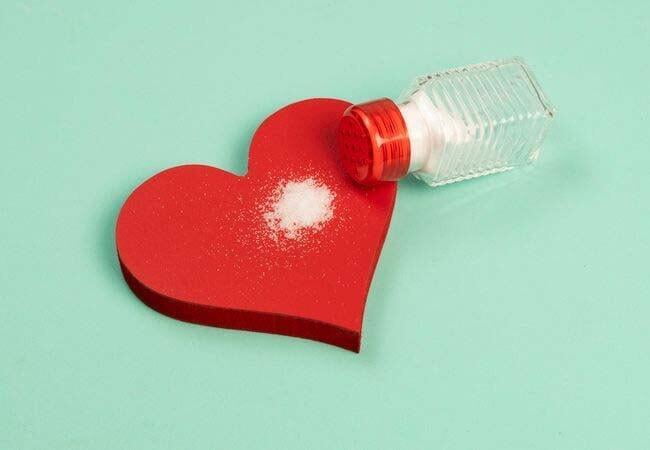Although salt substitutes reduced in sodium and added with potassium have been shown to be effective in reducing blood pressure, their effects on patients' cardiovascular system and safety were unclear.
During the 2021 Congress of the European Society of Cardiology, the Salt Substitute and Stroke Study (SSaSS) was presented; it was published under the name "Effect of Salt Substitution on Cardiovascular Events and Death", Bruce Neal, M.B., Ch.B., Ph.D. et. al.
This document compared the effects of reduced sodium salt substitutes vs. regular salt on cardiovascular events, mortality and clinical hyperkalemia. Let's see the results.
Participants
Participants
The study was conducted in rural villages in China. There were 20,995 adult participants who had suffered a stroke or who were over the age of 60 years old and had poor blood pressure management The average age was 65.4 years; 49.5% were women; 72.6% had a history of stroke and 88.4% had a history of hypertension.
Villages were randomly assigned in a 1:1 ratio. Participants in the intervention group used a salt substitute (75% sodium chloride and 25% potassium chloride); the control group used regular salt (100% sodium chloride). Follow-up had an average duration of 4.74 years.
The results
The results
The primary outcomes were stroke; secondary, adverse cardiovascular events and death from any cause, and the safety outcome was clinical hyperkalemia. In addition, the researchers observed the following:
- The stroke rate was lower in patients who ingested the salt substitute: 29.14 events vs. 33.65 events per 1000 people per year; rate ratio, 0.86; 95% confidence interval (CI), 0.77 to 0.96; P="0.006.
- The rate of major cardiovascular events and death was lower in participants who used salt substitutes, compared to those who used regular salt. In the case of major cardiovascular events: 49.09 events vs. 56.29 events per 1000 people per year; rate ratio: 0.87; 95% confidence interval (CI), 0.80 to 0.94; P<0.001. Death: 39.28 events vs. 44.61 events per 1000 people per year; rate ratio: 0.88; 95% CI, 0.82 to 0.95; P<0.001.
- The rate of serious adverse events attributed to hyperkalemia was slightly higher in participants who used salt substitutes: 3.35 events vs. 3.30 events per 1000 people per year; rate ratio, 1.04; 95% CI 0.80 to 1.37; P="0.76.
Conclusion
Conclusion
According to the report the researchers in charge presented at the last edition of the ESC 2021 Congress, among people who had a history of stroke or who were over 60 years old and were hypertensive, the rate of stroke, major cardiovascular events and death from any cause was lower among those who consumed the salt substitute.
Professor Bruce Neal of the George Institute for Global Health, Sydney, Australia, one of the main researchers, this means that using salt substitutes allows helping patients with cardiovascular disease in an immediate, simple and inexpensive way. They just need to make this small change in their diet so that they receive health benefits that grow over time. In China, the price of this product is approximately $1.62 dollars per kilo, which opens the possibility of democratizing basic care among low-income population.



